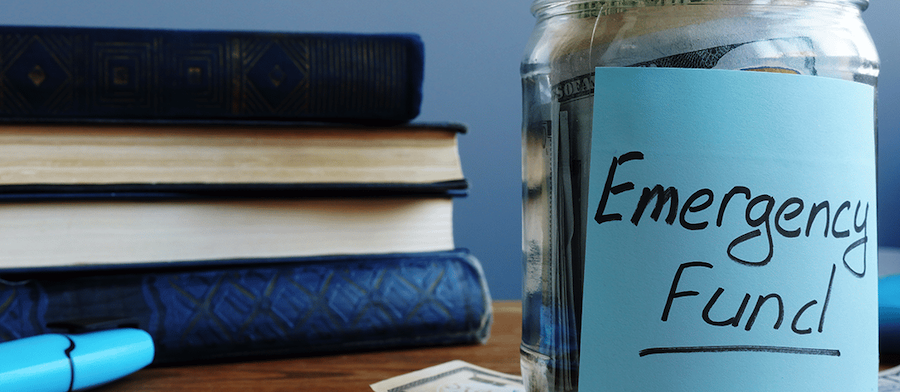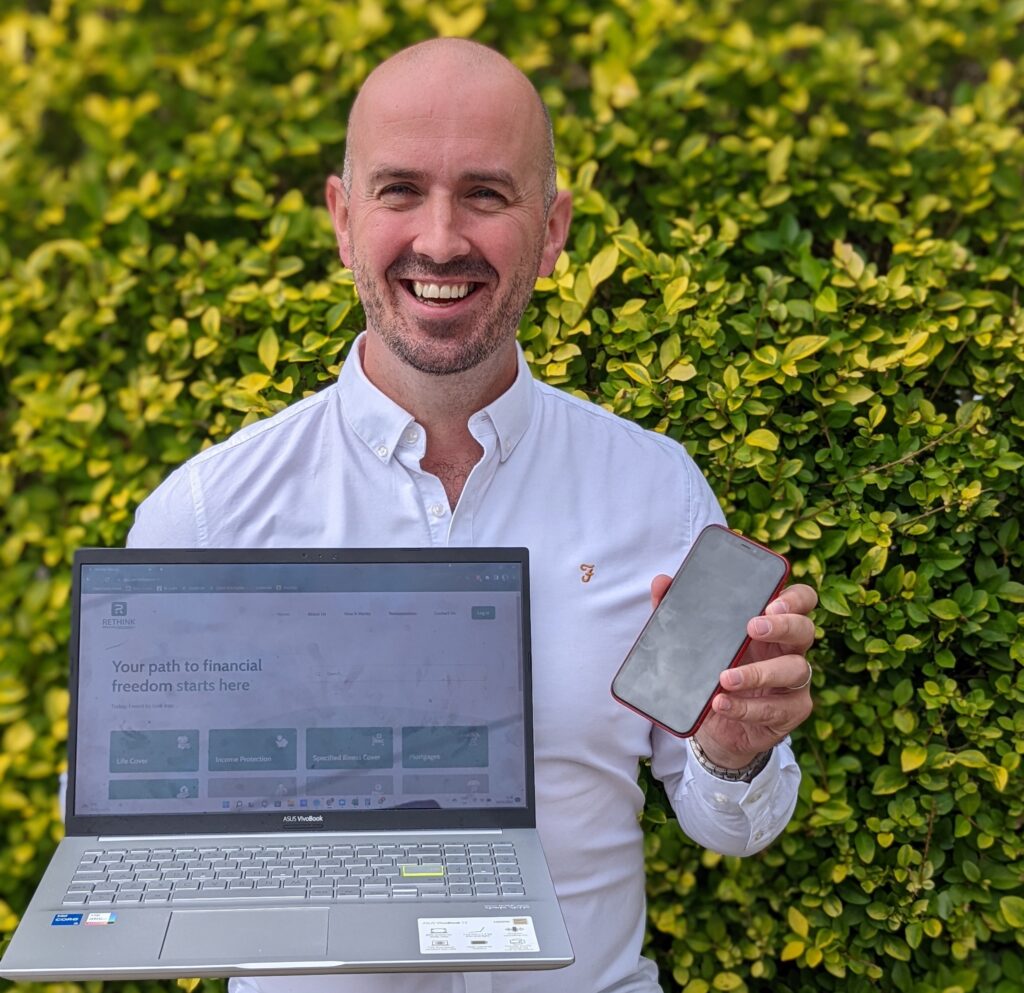This week in his financial column, Donegal Daily’s money man Sean McNulty stresses the importance of having a little emergency fund.
Here’s a familiar scene: Life is great, everything’s going fine, when one wintery night you skid on the road and damage the car. Now you need some quick cash to repair your car, because let’s face it, it’s a necessity in Donegal in Winter. However, to your dismay that ‘emergency’ account you never contributed to is still empty. Shock!
You might think about using the credit card; however you are opening yourself up to some high-interest debt which is never good. If you had a good emergency fund in place, however, you’d be able to cover that expense, or most unforeseen expenses with ease.
This is the reason that building an emergency fund is such an important step in financial planning, because it gives you that security and sound-footing to plan ahead. Without this fund, you are always at risk of ‘dipping into’ savings if the need presents itself. It’s your safety net when stuff like a job loss, water leak, illness or other surprise event you have to pay for threatens your holiday fund or your ability to reach other money goals.
Getting started on your emergency savings is easier than you think. Here’s how to get started if you haven’t already.
1. Know your number
Determine how much to save in your emergency fund. While it is not an exact science, a good rule-of-thumb is about six months of your living expenses, especially if you are not in fulltime employment or work for yourself. When your landscape is more unsteady, like working as a contractor, you need the 6 months put away. Another opinion is if you are in secure employment, 3 months expenses would suffice. This might sound like a lot, but you are not going to do this overnight. It will take discipline and patience.
You have to decide what is an affordable monthly amount you could genuinely save. Forget about all other savings plans for a minute, and just focus on this goal; build up one month’s take-home pay or expenses. Set up a standing order to come out of your account into a savings account, and stick to it. Once you have one month’s expenses saved up, then you can scale back a little. Keep funding the emergency account but now you are allowed to work towards other goals too.
Do you know what your monthly expenses are? You could sit down and write down all the direct debits, the utilities, the mortgage/rent, shopping, other expenses etc. A simpler way is to use your monthly take-home amount. Or if you are fortunate to have surplus left over each month, then your expenses would be your take-home pay minus the surplus left over each month.
2. Open that separate savings account
There is no point starting this if you are just going to leave the money in your current account each month. You know and I know, it will disappear (magically, of course!). In order for this plan to be effective, your fund has to be secure and available at any time. A traditional bank or Revolut is good here. Institutions that are cover by the Deposit Guarantee Scheme. This means no matter what happens economically, up to 100k of your money is guaranteed by the state. A nice option would be a high-interest savings account, but there aren’t too many of these available presently.
Don’t leave the money under the mattress or in a ‘really, really good hiding place’. Do not invest it in stocks/funds as the money needs to be easily accessible and not at risk of market fluctuations. Do not lock it away in State Savings etc, because you want the money there and then if something happens.
3. Innovative ways to save
What do you do if you are running thin or living month to month as it is. Well, in that case, you need to get innovative and think outside the box. It’d be very easy to give up and say I can’t do that. You can, you just have to start. Even a small amount each week or month is something. It is all about behaviour and consistency. Once you get into the habit, you’ll get hooked on the feel good factor of having that security blanket.
Check and see if there is a subscription or something similar that you don’t really need anymore. If that is €10 a week, or not getting that take-away once a week, that could be €50 a month. Use that to kick-start your emergency fund. Side hustles and closet clear-outs are always an untapped resource too.
If you are fortunate to have a bonus or tax refund come your way, obviously you could use that as your rainy day fund. You just have to stop yourself from splashing out at Christmas.
4. Check in on your plan from time to time
If you have got this far, congrats! You have established a pattern of saving and controlling your own financial freedom. If this system works for you, then kick things on and start a bigger goal; save for a deposit, big holiday or just get your money out working hard for you. It is good to save and build wealth, it is also necessary to reward yourself and celebrate the wins
Life constantly changes so the emergency fund total might increase or decrease depending on what’s happening at any given time. For an example, moving into a bigger house with a bigger mortgage etc is going to increase that emergency fund total need.
You should look forward to the peace-of-mind that this buffer will give you. Putting the head on the pillow at night we will feel that little bit less stressed about money – the way it should be. If you need to use the emergency fund then at any time, do not feel guilty, that is what it is there for. Just remember to build it back up as soon as you are able.
Sean McNulty is the founder and Managing Director of Rethink Money Ltd, a financial advisory company based in Letterkenny. Sean’s company is a digital-first advisor with a bespoke software to help clients best manage their financial needs.
For a free consultation feel free to reach out to us at info@rethinkmoney.ie
Follow me on Facebook: www.facebook.com/rethinkmoneyie
Or on Instagram for free tips and tricks: www.instagram.com/rethinkmoneyie









